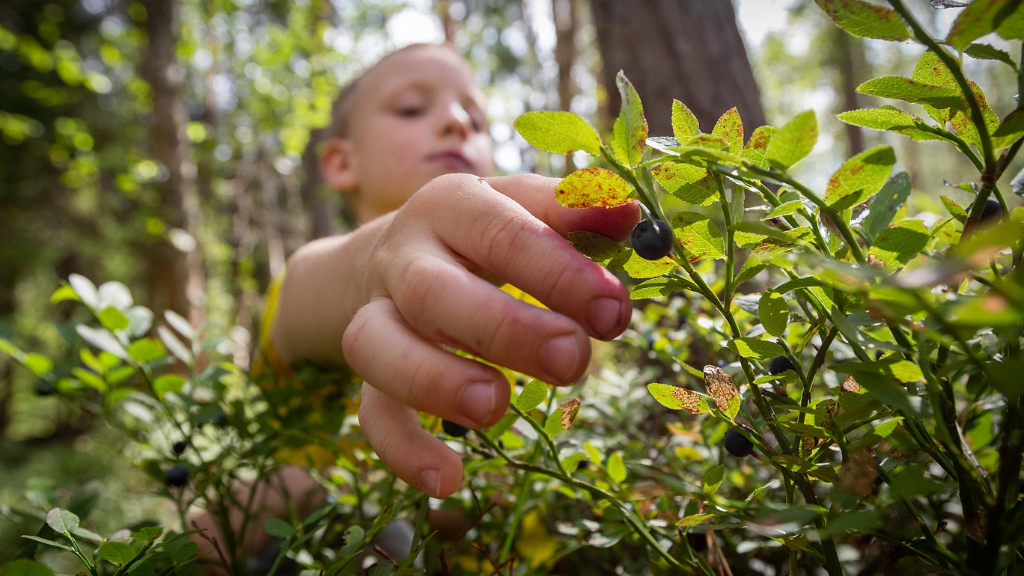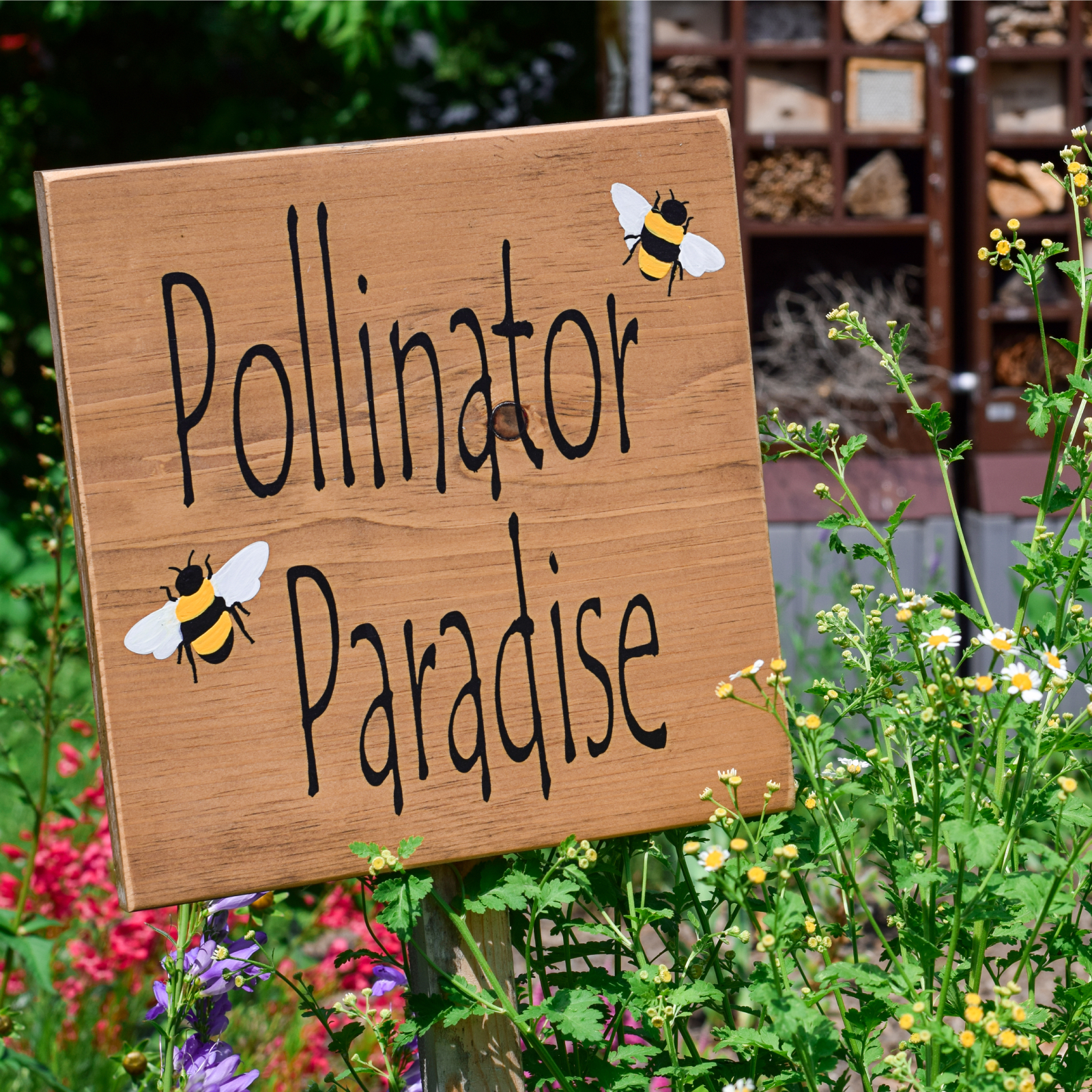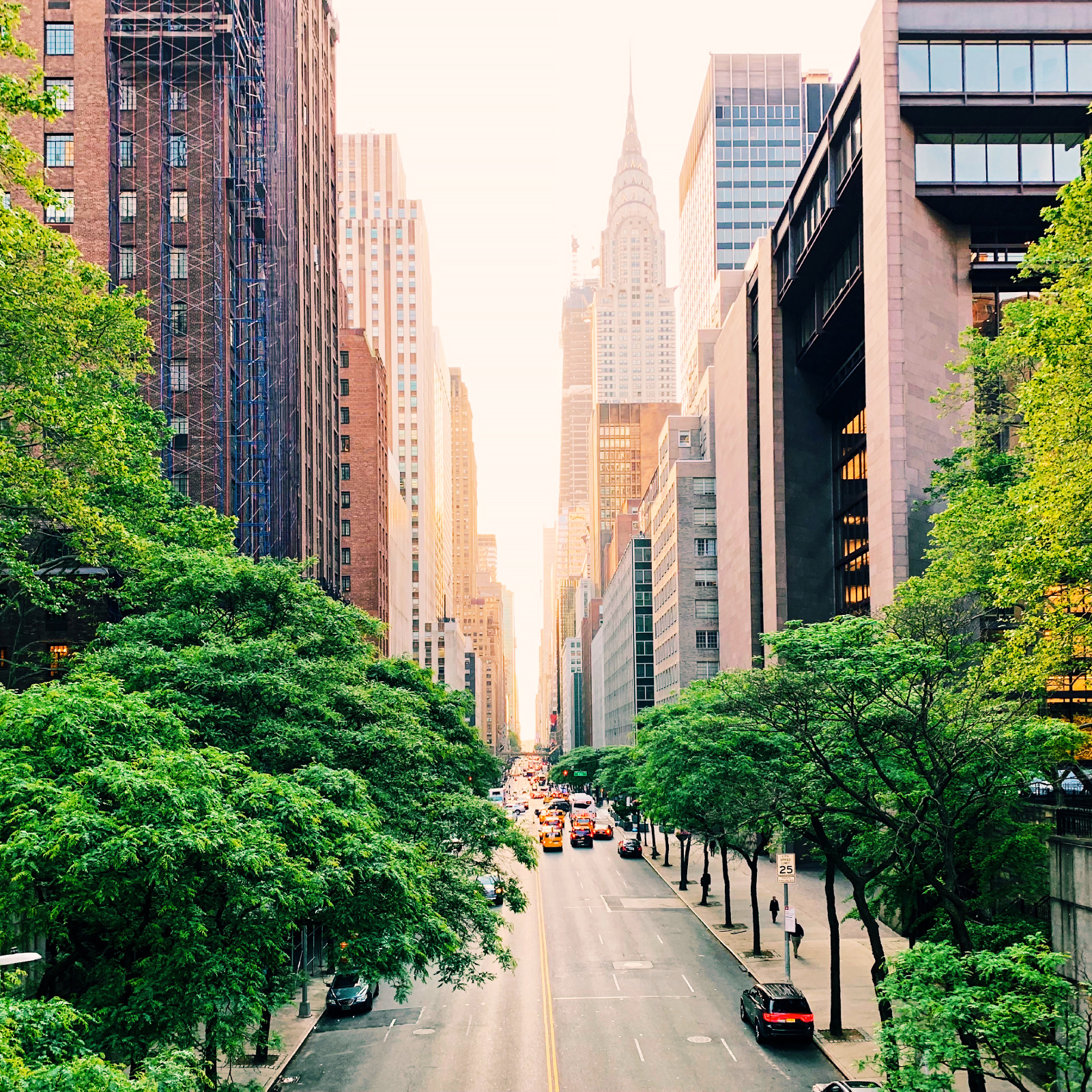Pros And Cons Of Wild Harvesting Plants


For those in the know, nature is the largest, free grocery store, providing organic produce right to your table. All it takes is knowledge or a guide to which plants can be eaten. Mushroom hunting is one of the most common reasons to harvest from the wild, but there are many other types of food that can be found. Broadening your culinary options and enjoying a day out in nature are just two wild foraging positives, but there are many more. But while you may think wild harvesting is simply gathering blackberries hunting for mushrooms in the forest, collecting wild plants and taking them home for personal use can have drawbacks too. For this reason, it's a good idea to familiarize yourself with both the pros and cons of wild harvesting.
Wild Harvesting Pros
(Bonnie's viewpoint) The indigenous people of any locale could tell you all about wild harvesting pros, as many once subsisted almost solely on what they could find in the wild and used plants as medicine or for fabric and dye, building materials and food. As long as any foraged item is abundant and the gatherer follows all local laws to prevent overharvesting, nature's free food and medicine is a sustainable resource. Need more reasons to harvest from the wild? Conscientious gathering of wild plants can lead to a healthier life. Many of our native species offer natural healing properties, helping reduce reliance on pharmaceutical solutions. Less chemicals in the body ultimately lead to less toxins in the land. As a food source, wild harvesting allows the gatherer to experience nature's bounty and new tastes, textures and senses. Here's a list of wild foraging positives:
- Enjoy nature
- Exercise
- Health and medical benefits
- Removal of invasive, nonnative plants (i.e. garlic mustard)
- Provides a connection to the earth and your place in it
- Nutritionally intact foods
- Provides survival skills
- Free food and medicine
- Reduces your carbon footprint
- Provides a new experience
Tips on wild foraging. If you are new to foraging, a good reference book or two will get you started on the right foot. Be respectful about gathering in restricted areas and on private property. Only take as much as you will use and leave plenty for wild animals and birds. Follow all governing guidelines as to which plants and how much you can take. In stands where plants are blooming, always leave plenty to finish flowering and produce seed. Save seed to grow wild foods on your property. Harvest over a large area to reduce your impact and leave no trace of your gathering activities. Harvest as many non-native plants as you can identify. This will help the native bio-diversity reassert itself while you get tasty and healthy food.
Cons of Wild Harvesting
(Liz's viewpoint) Wild harvesting is an interesting practice, at once a hot fad and an ancient tradition. But while it can be beneficial and even fun if done responsibly, there are several serious negatives of wild harvesting. Not all plants are good for you. Of all the wild foraging drawbacks, this one is often the most keenly felt. There's no regulation in the wild, no one to tell you what's what. It's all up to you, and even the most experienced foragers can get tripped up in their identification. And, unfortunately, those trip ups can sometimes have serious or even deadly consequences. (Those who deal with wild mushrooms are especially aware of this) It's important to know exactly what you're picking before you put it in your body. If you're not 100% sure, it's best to leave it be. Ecosystems are delicate. Plants are easy to over harvest. Some plants are rare, some are endangered. Even if a plant isn't considered threatened in your country, it might very well be in your area. And even plants that are considered common aren't completely safe, especially if wild harvesting a certain plant becomes in vogue, it may not be able to withstand the sudden increase of human impact. Nature is a delicate balance, and no resource is infinite. You don't know a wild plant's past. Unless a plant is growing in your own backyard, you can't know what exactly it's come into contact with, especially plants in public green spaces that may have been sprayed with who knows what, from pesticides to herbicides to fertilizers to"¦dare I say it"¦dog pee. Just because something's growing in the wild doesn't mean it's organic. Sometimes, it's quite the opposite. Wild harvesting isn't always legal. There isn't really such a thing as total wilderness or land that doesn't belong to anyone. Those woods you're wandering in may belong to the government or to a neighbor, and if you're there foraging without permission, you could get in serious trouble. Even public spaces where it's perfectly okay to walk are often none too keen on their plants being picked and carried off. Wild harvesting isn't always friendly. Some foragers have been at it for years and know the best spots, and since those spots have finite resources, they're none too eager to share. Try to get a mushroom gatherer to tell you some of their locations. You'll have a hard time. Even if you happen upon one of these spots by chance, you might be stepping on someone else's toes and, while it's not a legal matter, it's considered pretty bad form and could land you in hot water.
Final Thoughts on Wild Harvesting Positives vs. Drawbacks
A conscientious gatherer that adheres to natural laws and leaves no holes in the landscape should pose no problem to the wild landscape. Wild foraging can even be looked at as good stewardship and enhances the natural population of species. Foragers can take part in reseeding and protecting populations of important plants. The benefits of harvesting in the wild are much more than natural medicines and foods. It is a right and responsibility as we nourish our bodies and protect our flora and fauna. That being said, from legal to environmental to social to medical, there are a host of wild foraging drawbacks to take into consideration before you set out. If you're interested, you shouldn't let these deter you, but it's important to be very mindful of how you go about it, or you risk running into serious trouble. A few cases do exist where a food was overharvested and led to a shortage or even the demise of a species. Careful and studious harvesters know which species are okay to take without negatively impacting the environment. As with anything, do your homework!
Gardening tips, videos, info and more delivered right to your inbox!
Sign up for the Gardening Know How newsletter today and receive a free copy of our e-book "How to Grow Delicious Tomatoes".
-
 What Is A Pollinator Garden? Grow Gorgeous Blooms While Benefiting Your Local Ecosystem
What Is A Pollinator Garden? Grow Gorgeous Blooms While Benefiting Your Local EcosystemPollinator gardens look great and also provide a diverse ecosystem that benefits your local pollinating insects and animals. Get started today with this guide!
By Bonnie L. Grant
-
 5 Tough Urban Trees That Thrive In Cities – Top Picks For Urban & Suburban Landscapes
5 Tough Urban Trees That Thrive In Cities – Top Picks For Urban & Suburban LandscapesExplore the best urban trees that will add value to even the most challenging of landscapes. Get growing with these ideas and enjoy all the benefits of trees.
By Teo Spengler